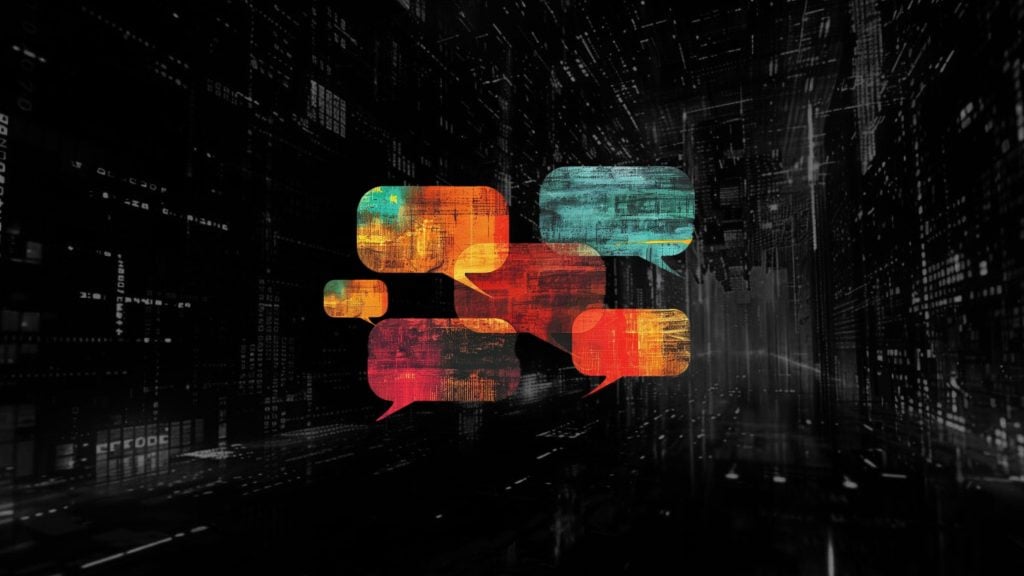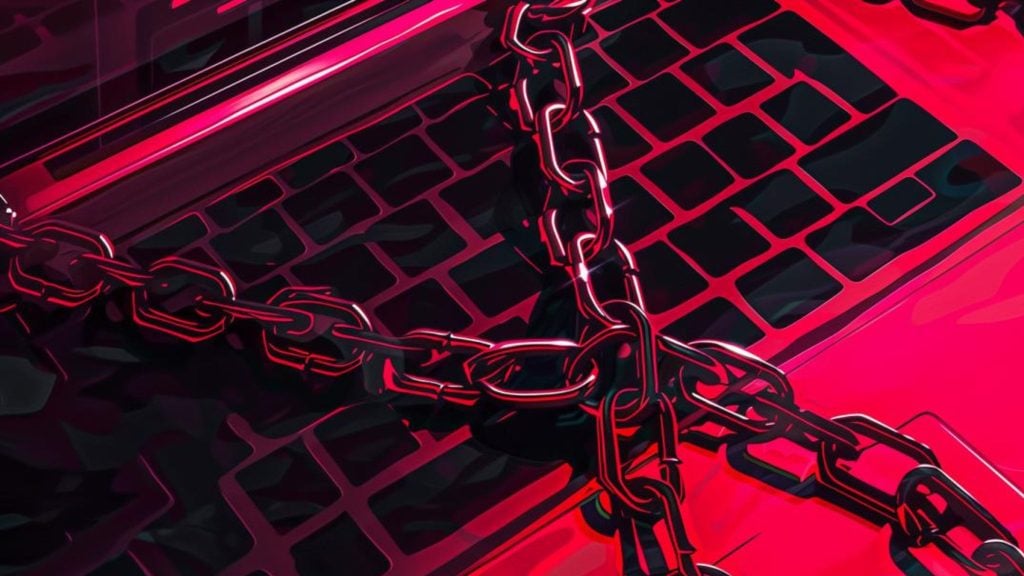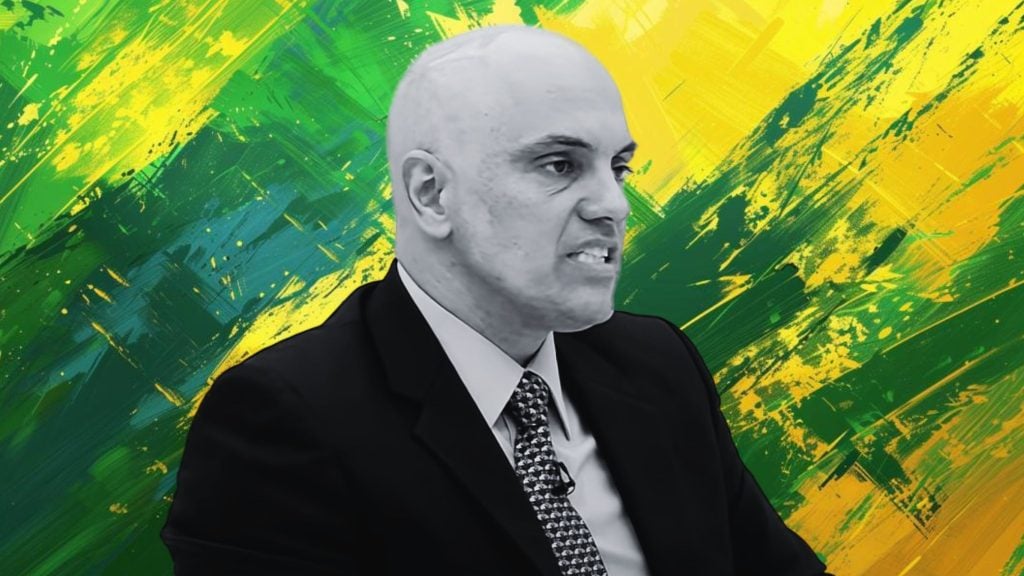Bridgefy’s claim to fame is that it can make mobile apps work without access to mobile data internet, using mesh networks instead. Launched in 2014 as an app itself, it in the meantime started to feature an SDK that allows for communication to be maintained even under internet blackouts.
Bridgefy monetizes this SDK by licensing it to over 40 companies well outside the range of just apps covering disaster situations; other industries that use it include payments, gaming, messaging, dating, and social media, reports remark.
That would come in particularly handy in places where the internet is deliberately shut down to control protests (thus far those like Hong Kong, Nigeria, or Thailand) – or when this is the result of a natural disaster – like in Greece and Turkey only recently.
And now Bridgefly has launched end-to-end encrypted messaging.
The “no internet” promise is made possible by what’s referred to as innovative use of the device’s Bluetooth and WiFi capabilities and has already proved popular in places where communication is stunted by authoritarian governments.
What’s new is that the app has been updated with the possibility to send messages using this kind of platform while having content protected with end-to-end encryption. The protocol Bridgefly uses is the same as Facebook Messenger, Facebook’s WhatsApp, and Signal, it has been revealed, and promises to maintain a secure way to send and receive messages – i.e., one where its content cannot be accessed by third parties, including the service itself.
Before the foray into encrypted messaging, Bridgefy said it offered true and limitless mesh networks both to iOS and Android devices, claiming that its SDK project is used by millions of people.
Protests under conditions of government internet blackouts are not explicitly mentioned in the company’s pitch, but it would appear that has been the use case that has in the past drawn the most attention. Other “real situations” like music festivals, natural disasters, and international travel are mentioned instead.
If you're tired of censorship and dystopian threats against civil liberties, subscribe to Reclaim The Net.









